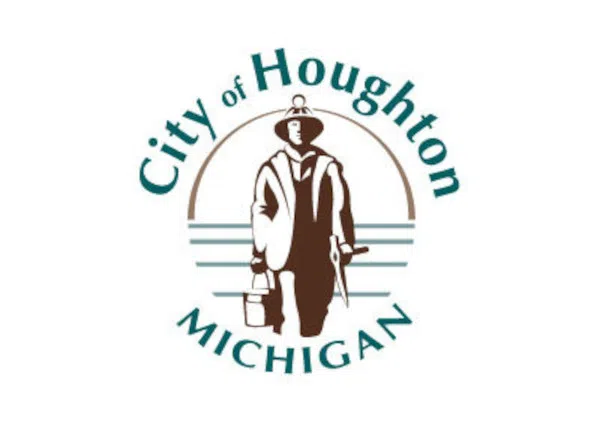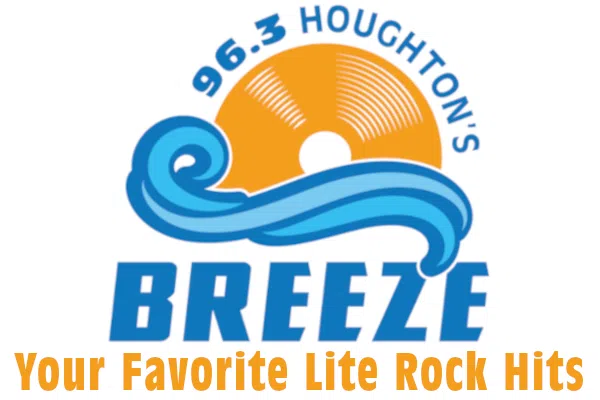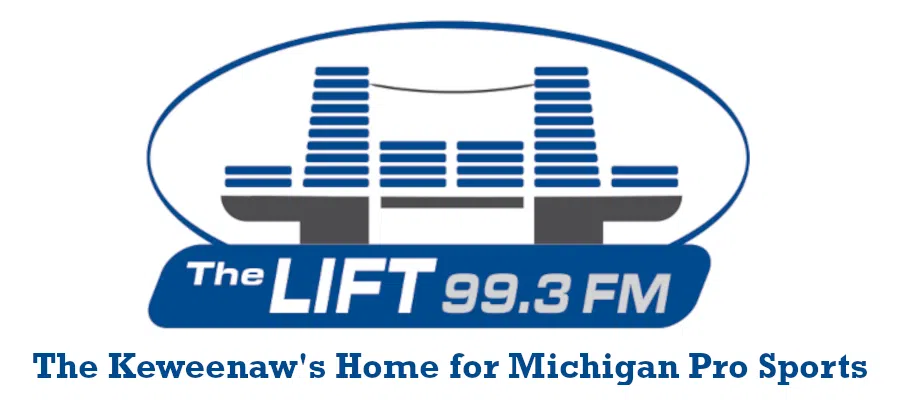Houghton’s police department has recorded fewer complaints in the years following the COVID-19 pandemic. In 2024 the Houghton Police Department responded to 2,890 calls for service. A large number of the department response conducted health and safety checks, followed by responding to traffic accidents. Police Chief John Donnelly says before the pandemic the department recorded over 3,000 calls for service annually. He says the numbers may appear to have decreased partly due to the department changing how it records calls.
For 10 years, we probably ran over 3000 complaints. Since then, we’ve never actually gone back over that. Some of that though, I would attribute to, we’ve changed the way that we enter our complaint numbers and it’s a little bit more difficult. So maybe some guys shy away from what they’re calling for a call for service. But definitely, if you look at the health and safety, that’s a lot of our medical calls, and a lot of our mental health calls. And that can burn up a day real quick and keep the guys busy. – John Donnelly, Chief of Police, City of Houghton Police Department
Recent changes to training requirements by MCOLES ask officers to complete 200 hours in various training courses. Last year the Houghton Police Department showed it had already completed much of the state’s new training requirements when it earned official accreditation. Chief Donnelly believes the added training opportunities for officers across the state benefit communities. Before the changes to MCOLES training requirements, police officers only completed 70 hours, primarily for firearms training.
And another big push that we’ve had now too is M-COLES now is, which is who licenses us and keeps us, they’re upping how many hours of training that we have to do, which of course there’s some resistance. But I’ve always thought it was good, you know, at one time the only thing we had to do was qualify once a year with our firearms. – John Donnelly, Chief of Police, City of Houghton Police Department
Houghton wrapped up a quick council meeting to start the year. City Manager Eric Waara informed the councilors Houghton audit was completed, and was quite dry to read through.
Additionally, the council approved the Houghton transit budget.
Our balanced budget and funding sources of estimated federal funds of $120,303, an estimated amount of state funds of $204,445, and estimated local funds would be what the city’s going to budget for transit in FY26, of $222,037 for a total transit budget of $668,350. So again, Jodi and I were working with Gail to prepare this transit budget that we do every year. – Eric Waara, City Manager, City of Houghton
Houghton approves the transit department’s budget early each year, submitting the budget to the state transportation department for records. The council will review the budget again when councilors meet for budget work sessions. Waara will seek to begin work on the city’s budget with the council in the coming weeks.
Other actions by the council include terminating the Daily Mining Gazette’s parking license. Before the city work along Lakeshore Drive, while the parking deck was still in place, DMG employees parked under the deck. During the city’s process before work started on the reconstruction project, Houghton came to a licensure agreement with the property owner. Recently Waara met again to renegotiate the conditions and obtain the 26 parking spaces.
Sisu has been very gracious in allowing public parking to continue while we’ve been negotiating how we get these parking spaces back. So we approached the new owners regarding the license agreement and the city’s desire to get the parking spaces back. They were agreeable to selling the rights back to the city and then purchasing whatever parking passes they needed for their business from the city. We were eventually able to reach a tentative agreement on the purchase price of $6,057.69 per space for a total of $157,500. – Eric Waara, City Manager, City of Houghton
The city will terminate the parking licensure with the Daily Mining Gazette, purchase the property for around 150,000 dollars, and property owner will purchase parking passes from the city for the 26 spaces. Waara mentioned the valuation process to come to terms has many factors for each party. The value of the property the city purchases equates to about 18 years of paid parking pass revenue for the number of spaces.







